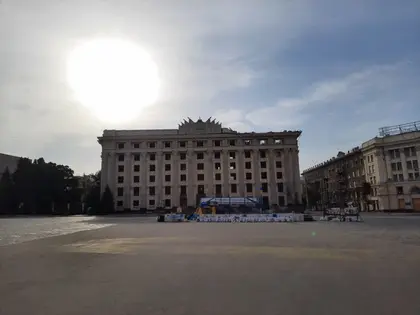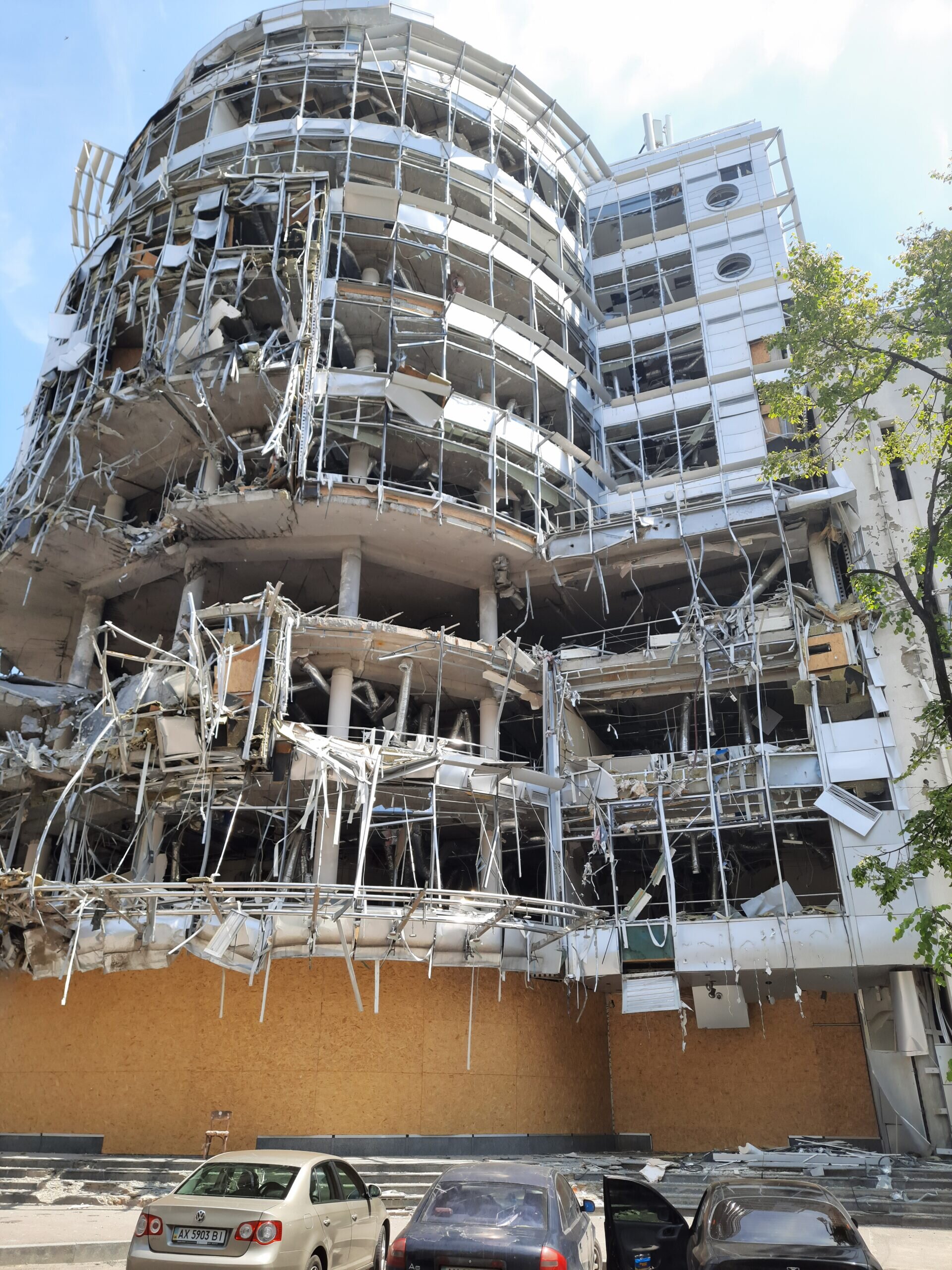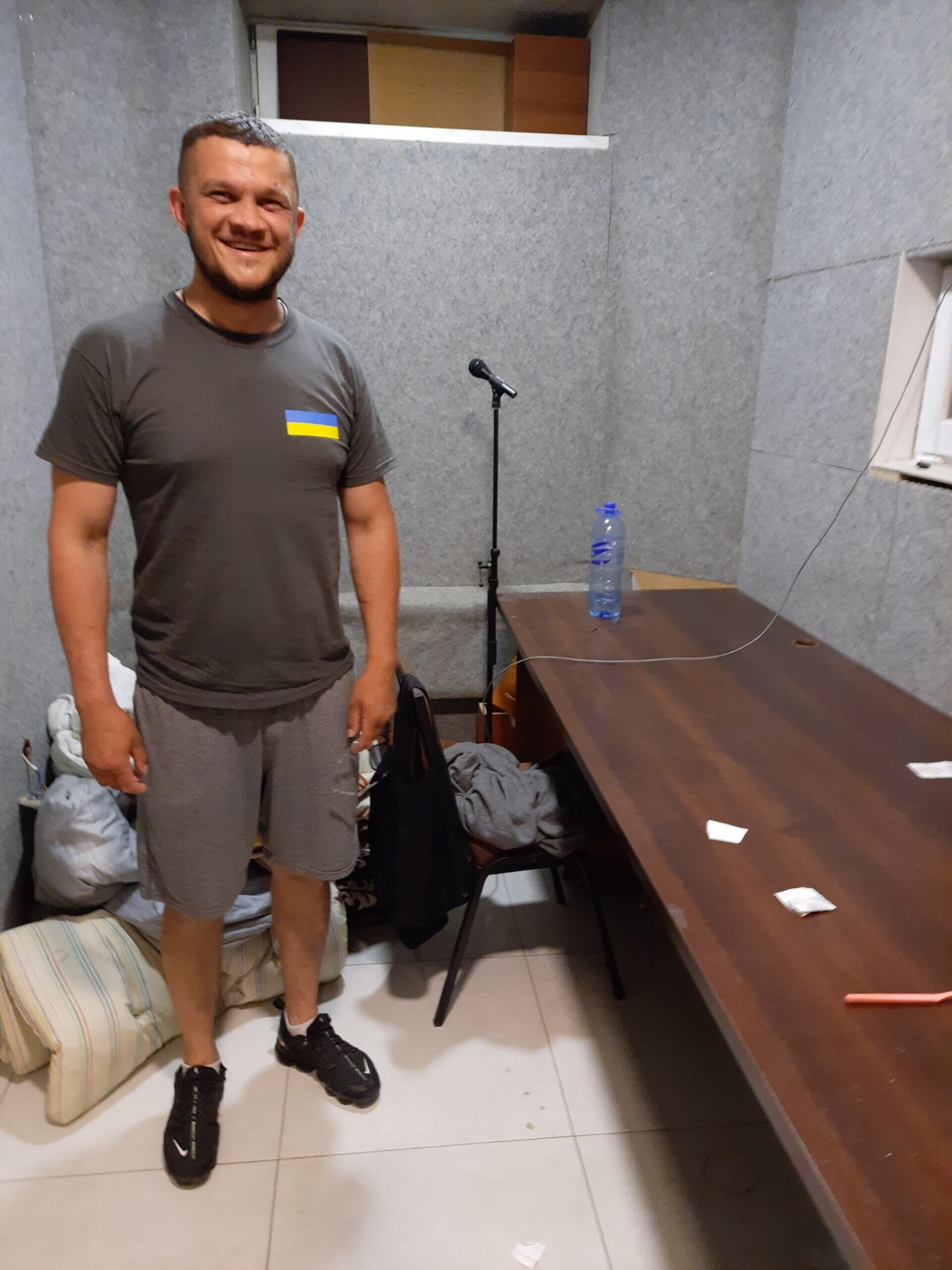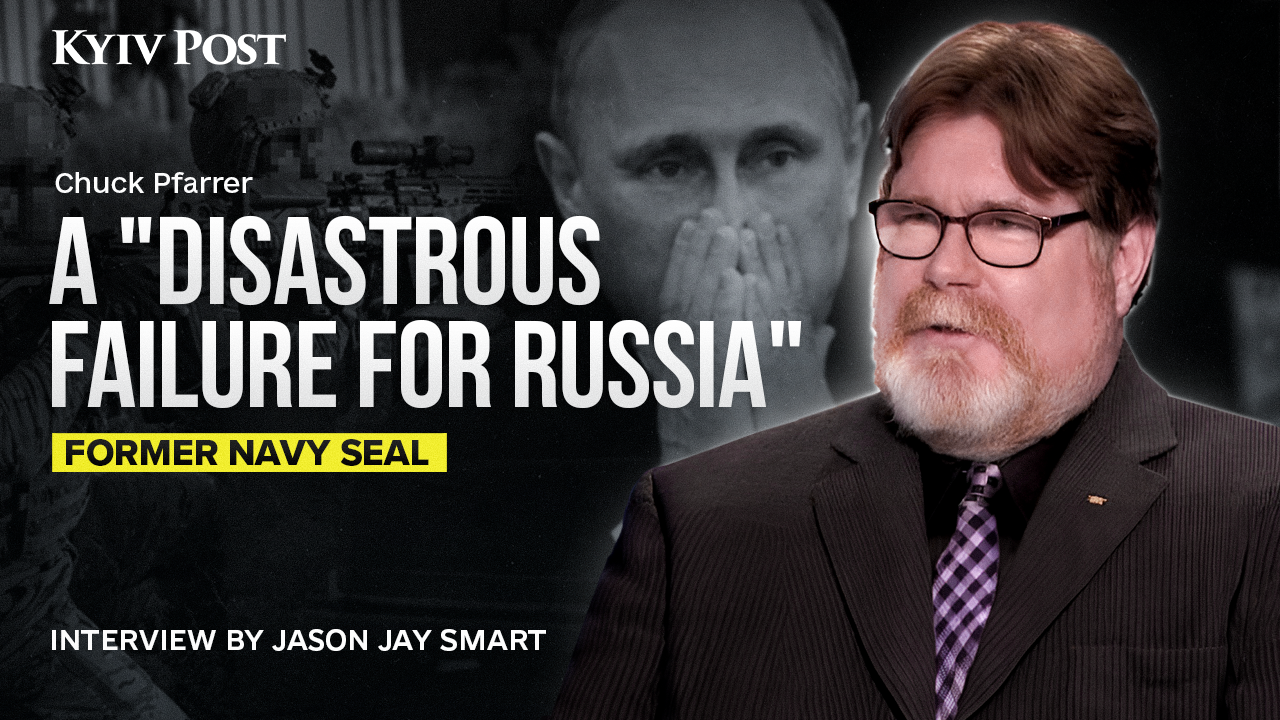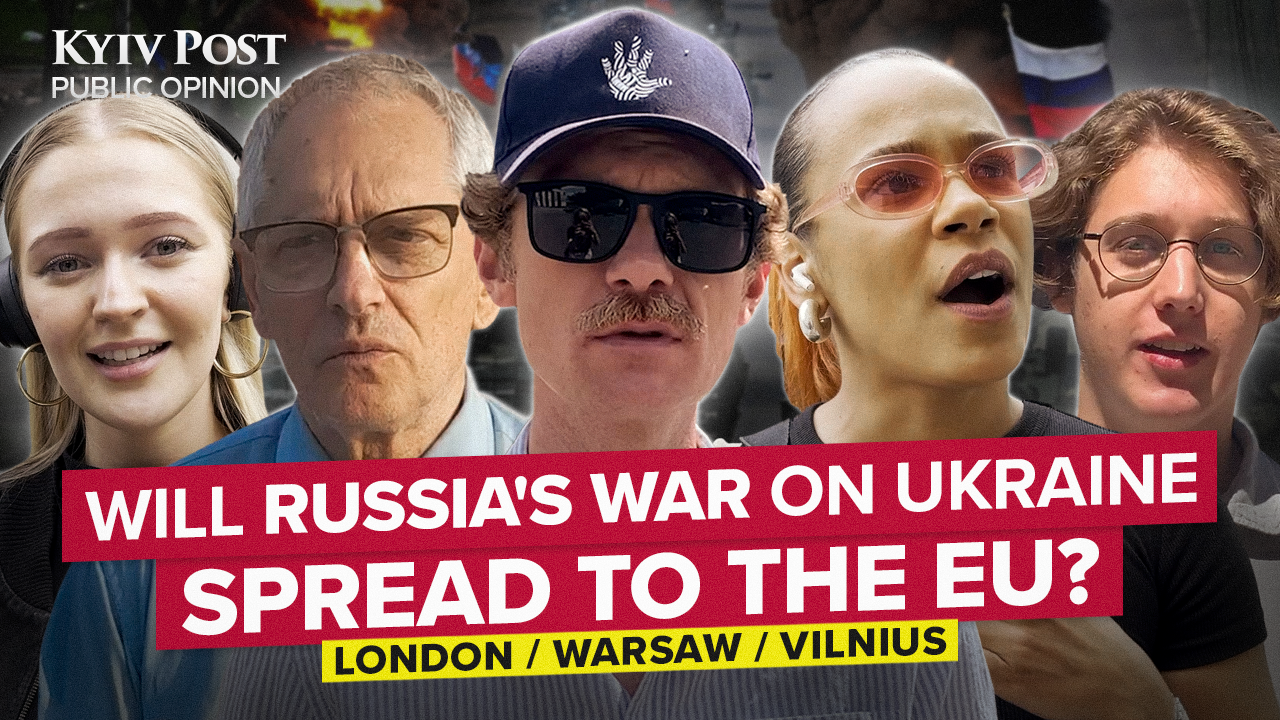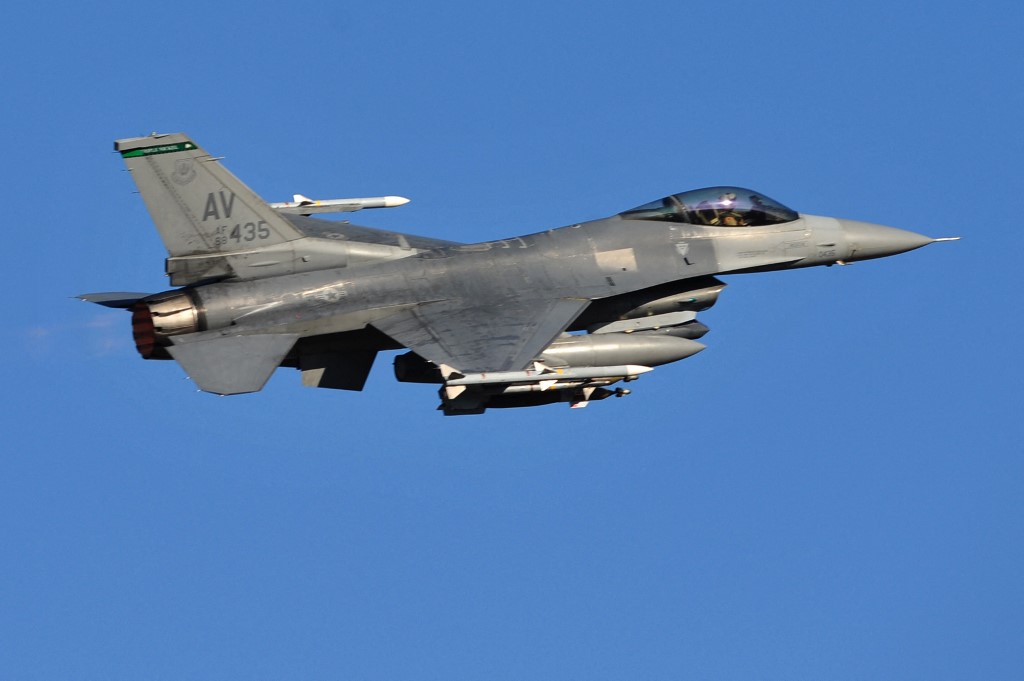It’s an overnight train ride from Kyiv to Kharkiv, from the medieval capital of the modern Ukrainian state, which straddles the Dnipro River, dividing the country into east and west, to its second largest city, also once the capital, but situated over 400 km east of Kyiv and just 40 km from the Russian border.
As the train approaches the station, I strike up a conversation with an elderly couple in my compartment.
JOIN US ON TELEGRAM
Follow our coverage of the war on the @Kyivpost_official.
They are dignified in manner, Russian in speech – just the type of people who I had always been told characterized Kharkiv, former Soviet technocrats who built the city that prides itself on its countless institutes of higher learning and research – the Intelligentsia.
“Half the population supported Putin before the war,” the man says, “but not anymore.”
The man and his wife are returning to their home town after a two-month absence, during which their block of flats has been completely destroyed by Russian shelling. “We stayed on in the city until our building was first hit. Others, mostly poor pensioners, are still living there without any gas, water or electricity,” the man says somberly.
He and his wife look more resigned than relieved to be coming home.
Unlike Kyiv, which sprawls out into all directions before bumping up against the villages that encircle it, Kharkiv is smaller, less than half the size in population alone.
That meant the center of Kharkiv took plenty of fire from guns, rockets and even aircraft.
For this reason, its beautiful parks, scenic squares and quaint avenues show none of the bustle one would expect in the fine weather of early summer.
The subway, where thousands hid in the first two months of the invasion, is running now, though most side streets are still largely deserted, their buildings boarded up or, in places, completely destroyed.
The Kharkiv Regional Administration Building, standing smack in the center of town, is now an empty shell of its former self, gutted by a missile attack while the city was almost completely surrounded by Russian forces in March.
Serhiy is a local businessman who agreed to meet me upon my arrival at Kharkiv train station. When the war started, he, like many other Ukrainians, quickly evacuated his family further west and then came back to help defend his home as a volunteer.
Shelling of the city was “Intense – It never let up,” he said, recalling how he personally saw Ukrainian anti-aircraft shoot down a Russian missile. But most impressive of all was how the residents of Kharkiv responded to the attack, “jumping in to help out everywhere and anyhow they could.”
“There was no looting or marauding,” he said, “The window of stores were smashed, but no-one took anything out.”
The city’s huge Barabashovo Market, a source of local pride, was shelled and went up in flames, burning for days as great plumes of dark smoke hovered overhead. It was one of Europe’s largest clothing markets, and it was destroyed by shelling on May 21. The market primarily serviced Russia and Donetsk, the enemy and its main victim, respectively, both no-go areas now for Ukrainian trade.
“It will never come back,” says Serhiy. Lilia, a friend of Serhiy’s is more worried about the return of her parents, both in their mid-60s and “evacuated” to Russia by the Russian army from their village near the border.
First, they were taken to nearby Belgorod, which is just across the border, from where Russian officials contacted Lilia and asked her to collaborate. She refused and instead took up volunteer work in support of the Ukrainian army. Then they were transported to the Russian Region of Kaluga, just south of Moscow, from where she is trying, through friends and family, to get them to Belarus and eventually back to Ukraine. It is an arduous task.
Serhiy said he was able to extract his ex-wife from Russian occupied territory in the early days of the war, “because the Russians didn’t know the territory and people who did could slip out.”
She walked part of the way, eventually making it to a place where he could pick her up by car. “But this is no longer possible,” he said.
I meet Oleksandr, 35, who runs a rehabilitation center in Kharkiv for recovering drug addicts. He told me how his mother and sister are under Russian occupation in the south. His mother was paralyzed following a stroke, and his sister is taking care of her, but getting medication is extremely difficult.
“I cannot do anything but pray and help out others,” he says with a beaming smile. Under the auspices of his Church, The New Generation, Oleksandr busies himself with delivering aid from the west to the city’s needy. Huge lorries filled with staples like macaroni and rice are unloaded and stored in the Church’s basement. It was faith that saved him from a drug addiction and a life behind bars, and its faith that will get him through this war, he said.
But many others in Kharkiv, as many as two thirds of its pre-war population of around 1.5 million, simply fled for their lives after February 24, when Russian forces almost immediately laid siege to the city, which was originally built as a fortress in the mid-17th Century.
Some have returned, but the danger has yet to pass. To some extent, with significant swathes of Kharkiv Region’s territory still under Russian control in the north, east and south, the siege has not ended.
Just this week, on June 7, a residential area of the city was shelled, killing one and wounding three others.
While a Russian rocket attack just before midnight the next day in the city’s Novobavarsky District destroyed a grocery store, restaurant and school library. The ensuing fire raged for hours, killing at least two people and injuring four.
The local authorities are certainly under no illusion.
“The Russians wants to keep up the pressure,” Mayor Ihor Terekhov announced recently on local television.
This may well be the calm before the storm, so locals will have to ensure they’re prepared for any coming enemy storm aiming to hit their shores.
You can also highlight the text and press Ctrl + Enter


